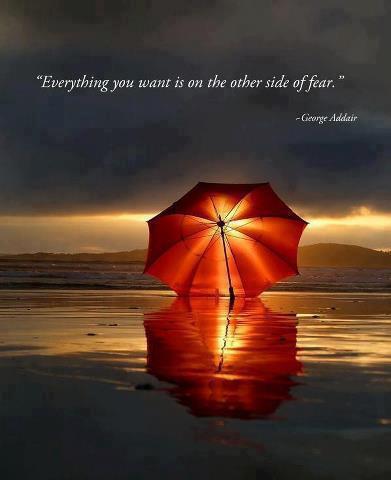To dare is to lose one’s footing momentarily. To not dare is to lose one’s self.
Soren Kierkegaard
Sad to say, many of us choose playing it safe over living fully.
Spencer Johnson, M.D., addresses this condition and offers a solution in a delightful little book, Who Moved My Cheese? The story’s setting takes place in a maze. Four characters, each desiring cheese—essential for staying alive, live in this maze.
Initially, all four hang out in Station C, a room where the cheese was plentiful. Therefore, no one had any motivation to leave Station C. An idle, settled-in existence suited them just fine . . . until, that is, everything changed: the cheese supply began to dwindle for no apparent reason.
Two of the characters, realizing that maintaining the status quo was riskier than venturing out, began searching for new cheese elsewhere in the maze. The other two, Hem and Haw, stayed put, torn between the need to seek new cheese and the desire to play it safe with the familiar. They let fear rule their destiny.
The story beautifully illuminates how we compromise the desires that spring from our core. Often preferring to remain snug in our cherished comfort zones, we have a tendency to resist change, even if our soul is suffering from malnourishment.
Figuratively, cheese can mean different things to different people. It can symbolize peace of mind, a rewarding job, a loving relationship, travel, health, a possession, running a marathon, taking up art—any of a myriad of things.
Johnson’s story highlights how our inflexibility can be our undoing, resulting in handicapping our spirit.
Stagnation occurs when we let fear rule us. Johnson poses this vital question in his book:
“What would you do if you weren’t afraid?”
Finally fed up with stagnation, Haw decided to release himself from fear’s grip. Hungry and weak, he took the courageous step of venturing into the unknown in search of new cheese. What he discovered was astounding: when you move beyond fear, you feel free.
Sprinting through the corridors, energized with courage, Haw was now thinking in terms of what he could gain, instead of what he was losing. Invariably, “he was discovering what nourished his soul.” It had to do with “letting go and trusting what lay ahead for him,” Johnson writes.
Interestingly, after finding the new cheese, Haw was happy and fulfilled—not so much because his belly was full, but because he was no longer letting fear control him. Taking a risk brought him to the wisdom that “the quicker you let go of old cheese, the sooner you’ll find the new cheese.” Haw wrote that statement—along with many other epiphanies—on the wall as he journeyed through the maze.
Recording his realizations on the walls served as a reminder to himself, but Haw had a secondary purpose in mind. He felt bad about his friend Hem, and was hoping the messages would act as a trail marker and also provide encouragement if Hem would choose to follow Haw’s example. He worried, though, that Hem would opt to stay hemmed in.
I like what Mark Twain had to say: “Courage is resistance to fear, mastery of fear—not absence of fear.” We can’t ever expect to banish fear, but we can become bigger than fear. This was Haw’s ultimate triumph.
If you take a look at your life, you will notice just how many times you were able to get bigger than your fear. Up to this moment, your life has consisted of a series of advances that involved laughing at fear. You couldn’t have grown past playpen stage if you hadn’t exercised your courage. Just learning how to walk required you to overcome your fear.
Imagine the courage you mustered when you bravely raised your tottering self from a crawling position for the first time. That courage still resides within you!
Yes, we all have a Hem and a Haw inside. There’s always a part of us that wants to go forward while another part resists. But, in reality, we have little choice. The alternative is stagnation and a life without “cheese.” That’s not living.
(c) 2016 Salee Reese

In any one moment we have one of two choices: either to follow fear or not follow fear.
Yep … simple statement, deep implications.
Wow! Love this. So many good points in here, I’m not sure where to begin.
I’m glad. Thanks!
I’ve become comfortable identifying with my false self. As a child and teenager, I was always having to oblige to the demand and wants of my mother. My wants and needs were not heard, thus my true self was diminished. Now, I am seeing the risk to play small and act out of old programming is greater than the risk to be my true self. I’m rebelling- tossing the old costume to the curb.
Wow Rachel … well said!
After a week of deep self- exploration, as I mentioned in the previous post, what I have identified as my self is totally false.In Buddhism, they talk about groundlessness and that’s the place to be-no where to hold onto.I find myself in the groundless spot of who am I? The way I have reacted or my programming isn’t me. I’ve held onto a false self. As much as it is liberating, it is scary to wake up to the fact that my goodness all these years I’ve believed lies and programmed around someone else’s beliefs and the scary part I’ve acted out that programming as if it was me. What do I hold onto now? I’ll take refuge in the true me, as the true Rachel is eternal-love.